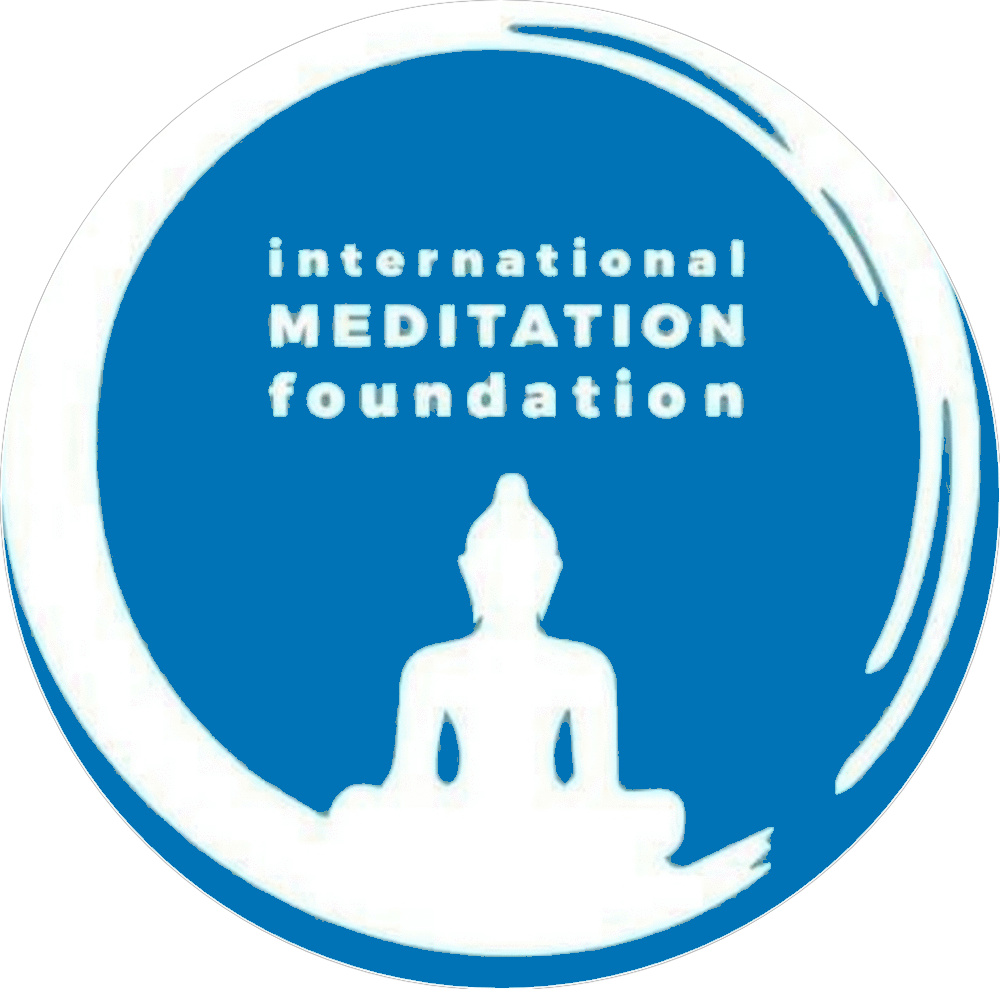Life is a complex journey filled with both triumphs and tribulations. While we may strive to have control over our lives, the truth is that we have limited control over the events that unfold. It can be challenging to accept this spiritual truth, especially when faced with unexpected hardships. However, finding peace of mind amidst life’s challenges is not only possible but also essential for our well-being.
When life throws unexpected curveballs our way, such as the Olympic skiers who train for years only to have their dreams shattered by external factors like bad weather or a patch of ice, it can be disheartening. We may find ourselves questioning how to respond and where to find support in times of pain and confusion.
There is a story that illustrates the journey towards peace of mind. A grief-stricken woman approached the Buddha with her deceased child in her arms, desperately seeking a way to revive him. The Buddha offered to help but with a condition – she had to bring him mustard seed from a house where no death had occurred. The woman went from door to door in search of such a house, only to realize that sickness and death are inevitable parts of life. She buried her son and returned to the Buddha for spiritual guidance. He taught her the universal truth that everything in life is impermanent and constantly changing. This realization led her to become a disciple and eventually attain enlightenment.
Life is a tapestry woven with both joy and sorrow. While we may be inclined to focus on the positive aspects, it is essential to acknowledge and accept the darker side of life. In Western society, there is often a tendency to deny or overlook the challenges faced by the elderly, homeless, and mentally ill. However, true peace of mind can only be attained by embracing the entirety of the human experience.
Life is a delicate balance between light and dark, success and failure, pleasure and pain. Circumstances are ever-changing, sometimes falling apart only to come together again. It is in our response to these circumstances that our peace of mind lies. As the Buddhists teach, suffering arises from wanting what we don’t have and not appreciating what we do have. On the other hand, happiness stems from enjoying and accepting the present moment.
Embracing this concept does not mean giving up on our dreams and aspirations. It means finding a balance between pursuing our goals and accepting the reality of the present moment. Meditation can be a powerful tool in cultivating acceptance and peace of mind. Through meditation, we learn to observe our experiences without judgment and resist the urge to change or control them. This practice allows us to navigate through challenging times with grace and maintain our inner peace.
When life becomes turbulent, and our feathers are ruffled, we can draw upon the quality of acceptance cultivated through meditation. It becomes a refuge, offering solace and stability amidst the chaos. By embracing the impermanence of life and finding peace within ourselves, we can navigate the ups and downs with resilience and equanimity.
Remember, peace of mind is not found in external circumstances but in our response to them. It is a journey of self-discovery and inner strength. Embrace the light and dark, the joys and sorrows, and find solace in the knowledge that everything is constantly shifting. Through acceptance and mindfulness, you can cultivate peace of mind that transcends the challenges of life.
